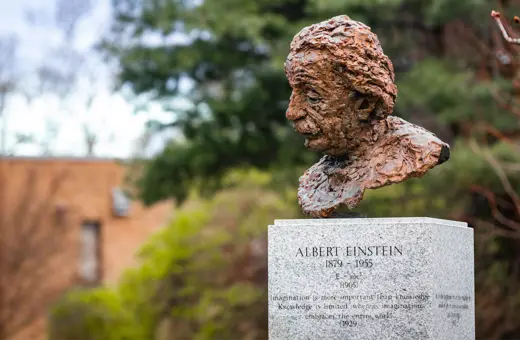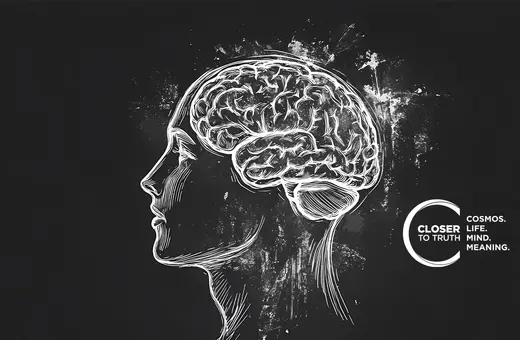Physicist Sabine Hossenfelder and philosopher Philip Goff recently argued over whether electrons exist. At the core of the argument was whether scientific theories are true, or whether they are something like useful fictions, as well as the meta-question of whether this argument is worth having in the first place. Philosopher of science Cat Gillen offers a way out and through.
As if times weren’t uncertain enough, the reality or unreality of electrons was recently thrown into question during an X (aka Twitter) debate between philosopher Philip Goff and physicist Sabine Hossenfelder. Although this was the question that left Twitter spinning (though best to leave the concept of spin for now…) the real crux of the discussion was whether science tells us anything about how the world really is, or if it is just a tool for making predictions. Moreover, are such philosophical concerns of any use to scientists? To answer these questions, we must delve into the intriguing scientific realism debate.
The march of progress in science belies an awkward feature of scientific development. When combing through the history of science, we find that it is scattered with previous highly successful, yet ultimately disproven, scientific theories. For example, Bohr’s atomic model, with the electron physically circling the nucleus in fixed orbitals, was able to explain and even predict the emission spectrum of hydrogen to astonishing accuracy. Such was the success of Bohr’s model that Einstein himself proclaimed: “this is a tremendous result. The theory of Bohr must then be right”. Fast forward a hundred years to our fuzzy quantum atomic model and… sorry Einstein, you were wrong!
 SUGGESTED READING
The truths in physics are dependent on falsehoods
By Elay Shech
SUGGESTED READING
The truths in physics are dependent on falsehoods
By Elay Shech
Bohr’s atomic model is not our only successful, yet false scientific relic. Philosopher of science Larry Laudan produced his notorious list of past bafflingly successful scientific theories: Fresnel’s luminiferous ether (where light propagates in a medium called the ether), the caloric theory of heat (where heat is a fluid that flows from hot bodies to cold bodies), and the phlogiston theory of combustion (where combustible bodies contain a fire-like element) also made the list.
So it seems like science can make fantastically correct predictions from utterly incorrect theories. And herein lies the kicker: if our best and most successful scientific theories of the past have ultimately turned out to be false, how can we have any confidence that our current, most successful scientific theories will not face the same fate? What justification do we have that the posits of general relativity or of quantum mechanics are true representations of the way the world is? The success of these theories cannot ensure their correctness, if the history of science has anything to say about it.
This line of reasoning, known as the pessimistic induction, is the central argument in favour of scientific antirealism. This is the belief that we should not ascribe truth to the posits of scientific theories, just because they are able to garner predictive successes. And there is good reason to be motivated by this argument, lest you make the fatal flaw of holding contradictory beliefs in positing, say, that electrons both physically orbit the nucleus (à la Bohr) and inhabit a probability cloud (in line with the modern quantum atomic model). The antirealist would reject that our theories map onto the real world in any meaningful way and would rather assert that science is a tool to make predictions; it was never meant to provide an accurate picture of the world.





















Join the conversation